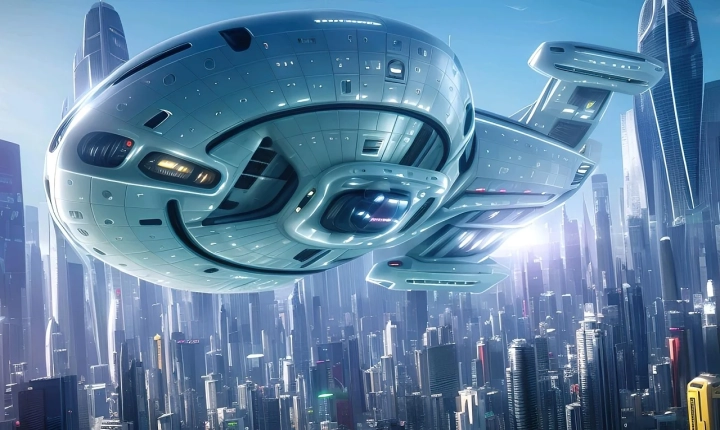Can an AI make a PowerPoint presentation?
The advancements in artificial intelligence (AI) have raised questions about whether AI could potentially replace human capabilities in a variety of fields. One area of interest is whether AI can successfully create a PowerPoint presentation. A PowerPoint presentation typically requires skills such as creativity, organization, and the ability to convey information in a visually appealing manner. These are all qualities traditionally associated with human effort. However, recent developments in AI technology have shown promising potential for AI-generated presentations.
AI-powered tools are increasingly capable of handling complex tasks, and designing a PowerPoint presentation is no exception. AI algorithms can analyze data, create visualizations, and even suggest layout and design options. These tools have the potential to revolutionize the way presentations are created and delivered.
One of the key advantages of using AI for PowerPoint presentations is the speed and efficiency with which it can generate content. AI algorithms can rapidly process large amounts of data and transform it into visually appealing slides. This can save valuable time for users who need to create presentations on a tight deadline.
Furthermore, AI can assist in data visualization, helping to present complex information in a more understandable and engaging way. AI-powered tools can analyze datasets and automatically generate charts, graphs, and other visual representations, enabling presenters to effectively communicate their message.
Another benefit of AI-generated PowerPoint presentations is the potential for personalization. AI algorithms can analyze audience behavior and preferences to tailor the content and design of a presentation to the specific needs of the audience. This level of customization can result in more impactful and engaging presentations.
However, there are limitations to AI-generated PowerPoint presentations. While AI can assist in creating content, it may struggle to capture the nuances of human creativity and storytelling. Presentations often require a narrative structure and emotional appeal, which may not be within the current capabilities of AI algorithms.
Additionally, the use of AI for PowerPoint presentations raises questions about the potential consequences for human employment. If AI can significantly streamline the process of creating presentations, it could potentially reduce the need for human involvement in this aspect of work.
In conclusion, AI has the potential to revolutionize the way PowerPoint presentations are created. The speed, efficiency, and potential for personalization offered by AI-powered tools present exciting prospects for presenters. However, human creativity and emotional intelligence remain important components of effective presentations. As AI technology continues to evolve, it is likely that a hybrid approach, combining AI-generated content with human creativity, will become the norm in the creation of PowerPoint presentations.
